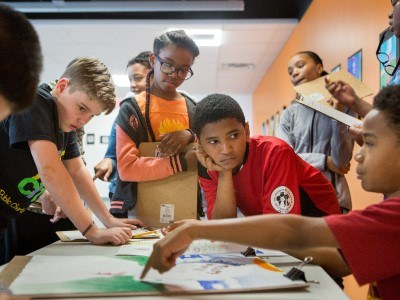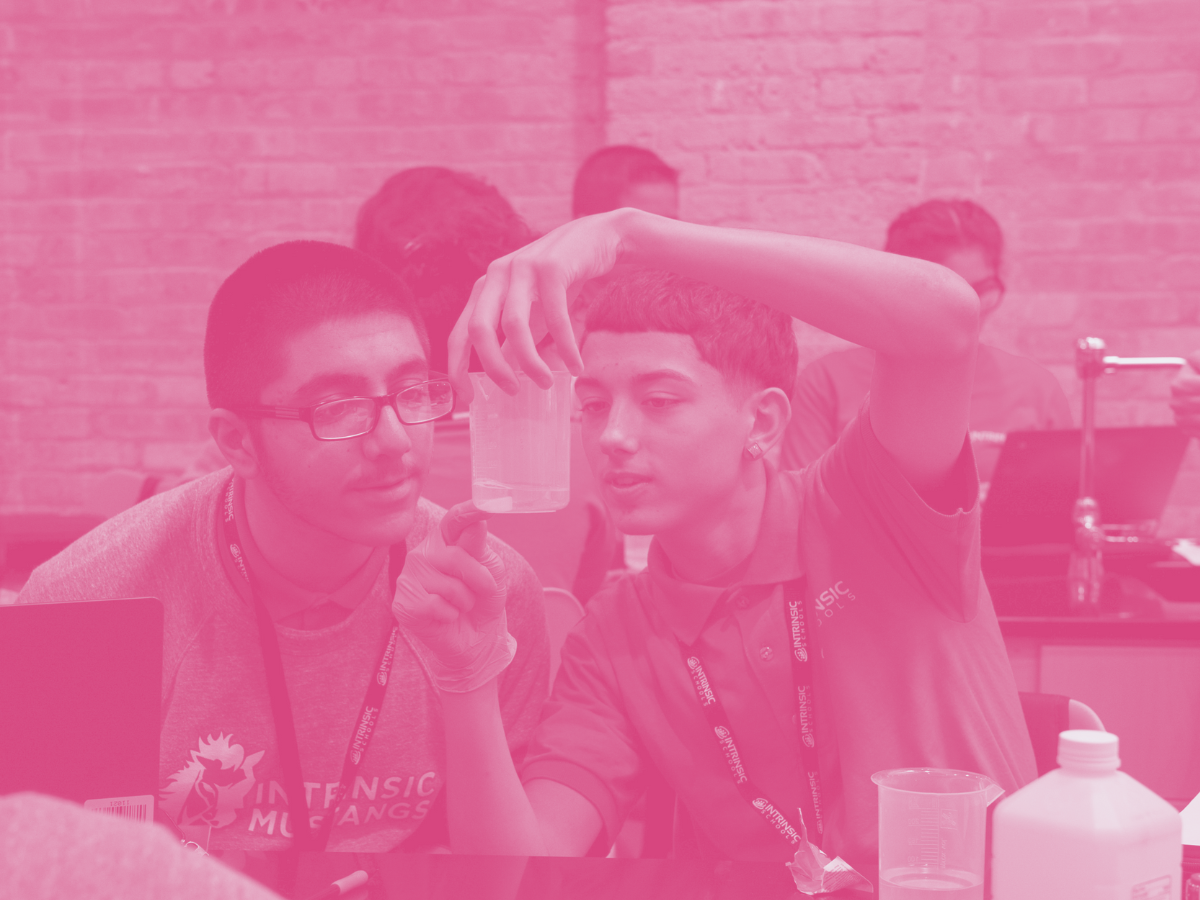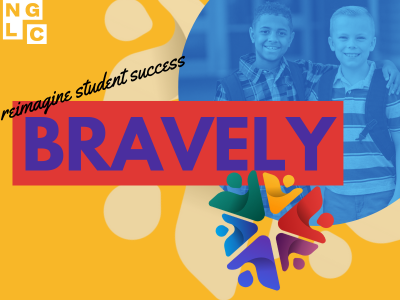Professional Learning
We Hired a Director of Personalized Learning! Now What?
Topics

Educators are the lead learners in schools. If they are to enable powerful, authentic, deep learning among their students, they need to live that kind of learning and professional culture themselves. When everyone is part of that experiential through-line, that’s when next generation learning thrives.
7 pieces of advice for education leaders on the best ways to support the new role of director of blended learning or personalized learning manager.
As more schools adopt personalized learning and blended learning models, positions like directors of blended learning and personalized learning managers are becoming more common. This article from Brian Greenberg of the Silicon Schools Fund gives a nice overview of the role and its importance in these emerging models. However, the newness of the role means that organizations are figuring out how to best support these specialists as they develop their skillsets and position them for maximum impact on schools.
I have been in such a role for a few years (with such a diverse array of titles, I will refer to these roles with the umbrella term “specialist”), and here are some suggestions for schools based on my own experience:
Avoid pigeonholing. These roles can easily become glorified online program managers. While making sure the programs are up and running is a critical part of the job, the online programs should only make up part of the role. View the specialist as the organization’s R&D and internal consultant who continues to drive innovation. My most meaningful impact on the schools I have served has come when I support teachers with a new program rollout and when I drive change by presenting data on which programs and models are having an impact on student achievement.
Have them collect on-the ground information for context. These specialists are in a unique intersection of academics, technology, data, and operations. In order for the specialist to support the model effectively, they need to collaborate with all teams to make sure the moving parts are in sync. They should be aware of major initiatives and decisions to incorporate that in the model. For example, in a previous job, I only found out about a new math curriculum that we were using because I stepped in as a substitute teacher one day. This information would have been critical in thinking about which online programs and structures would best support the new curriculum.
Support opportunities to develop relationships with key stakeholders. A lot of the job is convincing teachers and administrators to try a new model or program since they will be the ones shouldering a lot of the work and dealing with outcomes. A lot of this is staked on relationships. Especially early on in the role, create meaningful opportunities for the specialist to work with teachers and administrators to solve low hanging pain points. The “quick wins” will establish their credibility and they will be able to build ongoing relationships independently.
Help them focus by sharing the bigger picture. Make sure the specialist knows what the overarching vision and theory of change is for the organization. Otherwise, the specialist is running around just doing what he or she thinks is the best thing and may not align to the larger priorities for the organization. Help the specialist see how their role, and the model of personalized blended learning they are directing for the school, brings the vision to life.
Be ready to listen. In working with so many teams and analyzing different aspects of the model, the specialist is likely to uncover some elements of the organization that are working at a high level...and others that are not. Be open to the range of feedback and be responsive. When you hold true to the vision but iterate based on the kind of feedback you can get from this specialist, you will have a stronger model.
Give space to innovate. The specialist should have a list of must-complete projects. But, build in time for them to pursue projects not explicitly requested by a principal or teacher. This can result in data visualizations or new ways to use online programs that principals or teachers do not know can vastly improve their practice. In other words, give specialists time to shine a light into previously unexplored areas. By the same token, be careful not to overload their plate with projects that are not tied to their domains. Being in schools, they are going to have to wear multiple hats. It’s the nature of the industry. But, make sure these side projects do not supplant their main role.
Connect them with peers. This job can be pretty lonely since there is usually just one such role in the organization. Plus, the newness of the role means that their manager and other colleagues have likely not been in their role before or worked with someone in their role before. This makes it hard to get meaningful role-specific development. I have been a part of communities of practice with my counterparts at other organizations and we are able to empathize with each other’s challenges and share relevant best practices. Interacting with these communities has been by far my most meaningful professional development as a director of blended learning.




